It’s no news to gamers that in the last decade or so, longtime video game franchises have been getting retooled, reshaped, rebooted, and given a facelift to reinvigorate interest for the newer generations.
It’s no news to gamers that in the last decade or so, longtime video game franchises have been getting retooled, reshaped, rebooted, and given a facelift to reinvigorate interest for the newer generations. Most of these remakes or reboots are welcome surprises, but sometimes there are a few that miss the mark. It’s when those companies fail and recognize their failure that they go on to succeed.
The company that comes to mind is Capcom, the developers behind the beloved survival horror series, Resident Evil (AKA Biohazard). When the first Resident Evil game released in 1996, it took the world by storm, being one of the first survival horror blockbusters in gaming history. It changed the way horror games were made and influenced how the genre would be treated for years to come. The formula of the games had familiar characteristics – fixed camera angles, low ammo supplies, and daunting puzzles. But the method of Resident Evil wouldn’t change for some time, which led to a kind of plateau for fans.
It wasn’t until 2005, when Capcom released Resident Evil 4, that the formula changed and brought the series back on the map. With the fourth game, they changed everything – third-person over-the-shoulder gameplay, more action, and ammo sprinkled throughout, and adjusted puzzles for the new game style. They also created a new threat in something much more sinister than zombies. This time, players would have to go up against a new virus strain that corrupted the minds of eastern European villagers, allowing them to use weapons against you. These weren’t just mindless, blood-sucking zombies.
The franchise continued strong with Resident Evil 5, where they changed the setting and the protagonists, but kept the gameplay. Some fans complained that the series was getting a bit too action-packed and lacked the horror elements that made the series what it was. Then, in 2012, the sixth installment released with critical and fan disappointment everywhere. It was as if all of the horror elements had been removed and action sequences were the priority.
But Capcom returned in 2017 with Resident Evil 7, another reboot and reimagining of the horror survival series. Taking away the third-person perspective, they instead made this a first-person gaming experience, magnifying the horror elements to whole new levels. Not only that, but they made ammo much less prominent and put the weapons in the hand of a less-than-competent protagonist. No longer would we be playing as Leon Kennedy, a cop, or Chris Redfield…also a cop. Capcom placed us in the perspective of a man just looking for his missing wife, who disappeared somewhere in the Louisiana swamplands. Instead of being able to fight off enemies, this time, it was all about hiding and running to survive.
The point here is that Capcom stayed with the times and knew that in some of their flops, they could change the formula and even softly reboot a franchise. It has worked wonders for them, especially since the series has been a favorite since the mid-90s. Continuing in that vein of keeping the series alive, they recently had great success with the remaster and remake of Resident Evil 2, a game that didn’t age well over time, but with the remake, it could be a timeless story.
Other companies have done this as well. We’ve seen reboots like Tomb Raider, where the character makes a return but with a new origin story. Fallout 3 was the first game in the franchise to indeed become mainstream and make waves with audiences. God of War for PS4 changed the way that gamers saw Kratos. Unfortunately, there are also those that do not have the same success. Games like Medal of Honor that had been around since the 90s were swept under the rug when Call of Duty took the world by surprise and changed the way we see first-person shooters. As gamers, we hope to look at older franchises rebooted and survive the ever-changing atmosphere of the video game industry, especially with the success of RE2‘s complete remake, but that doesn’t always happen.

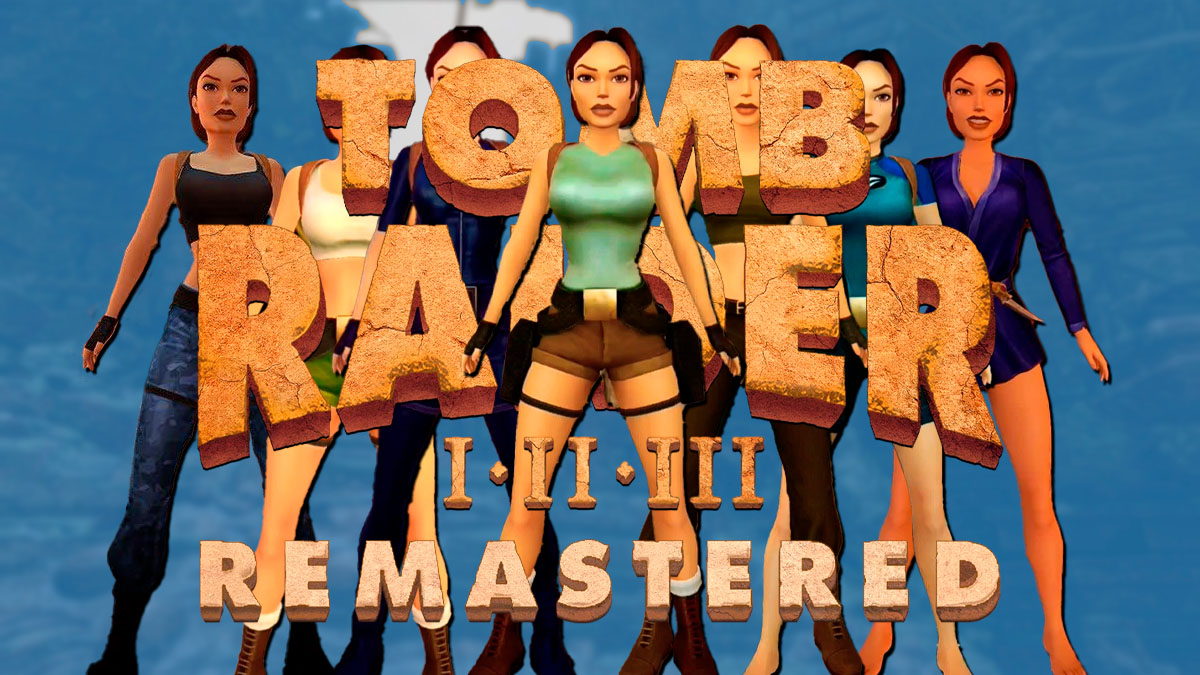
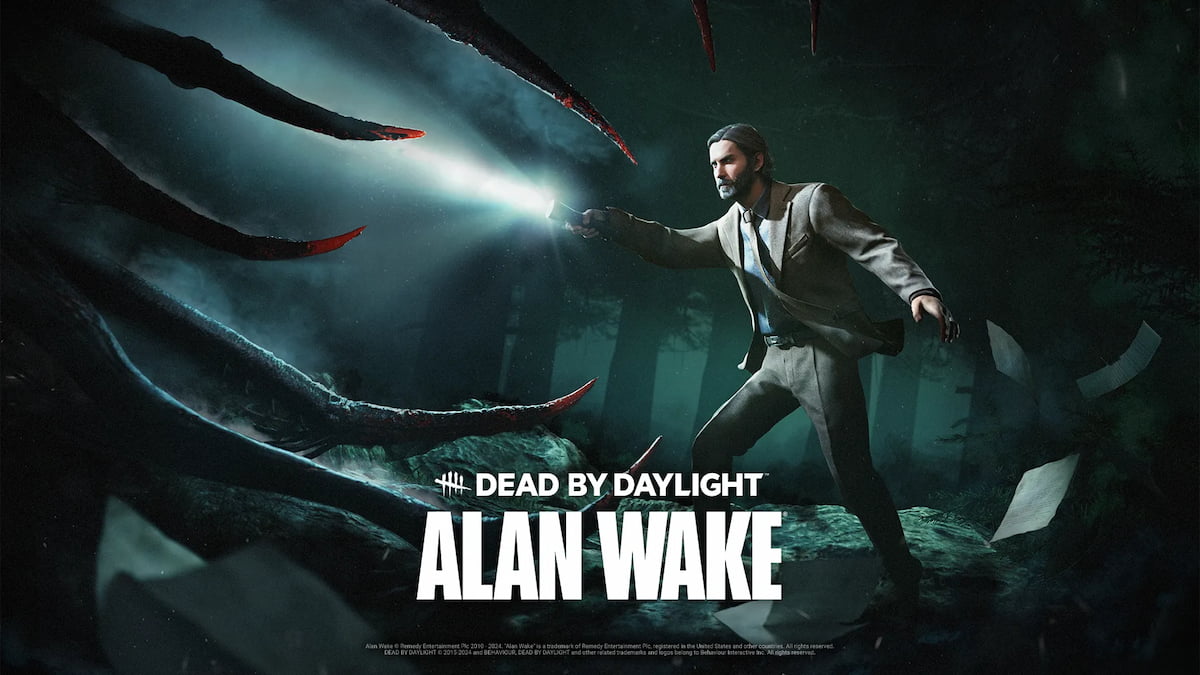
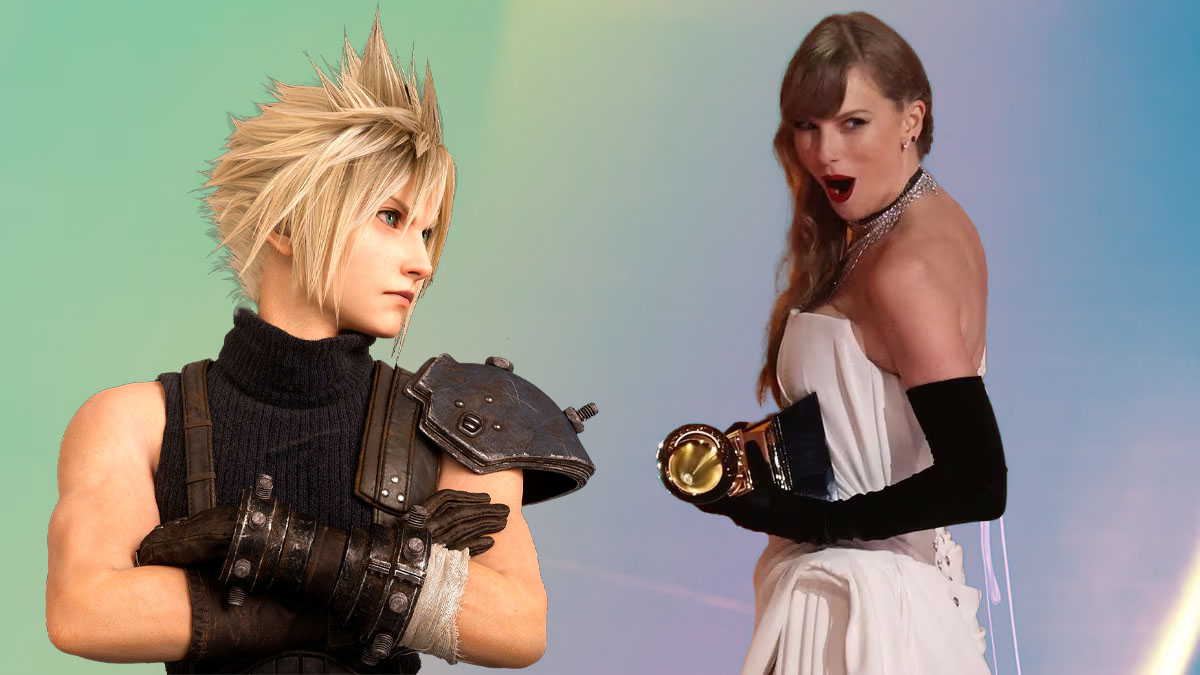

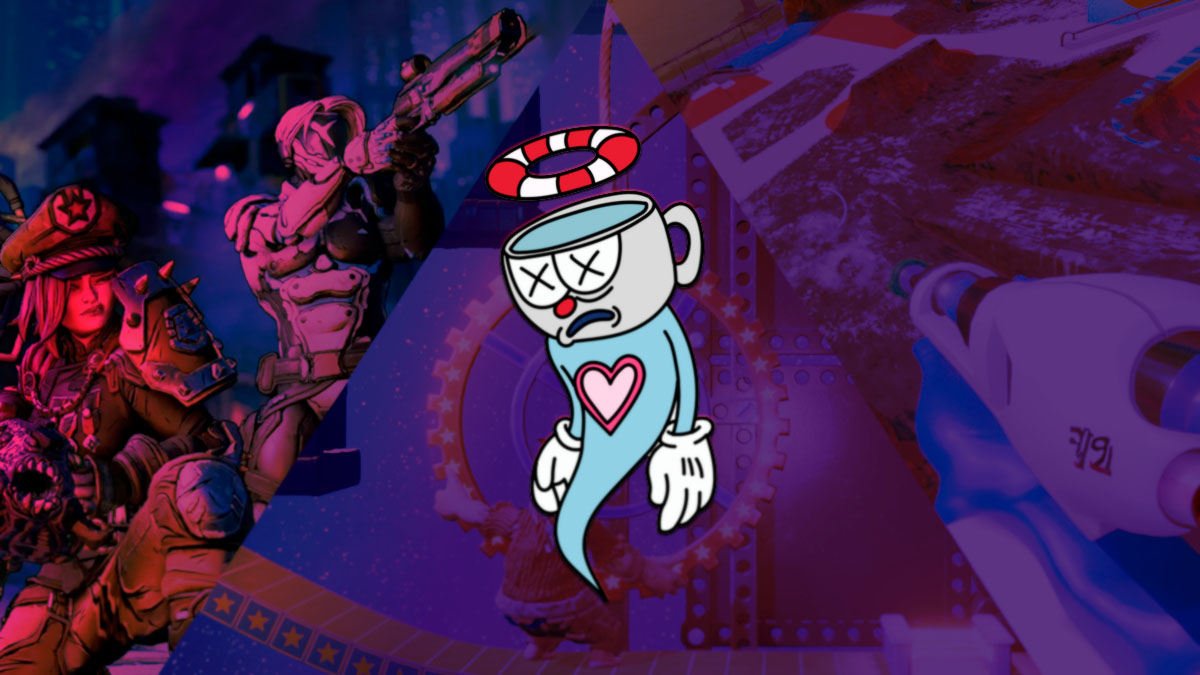
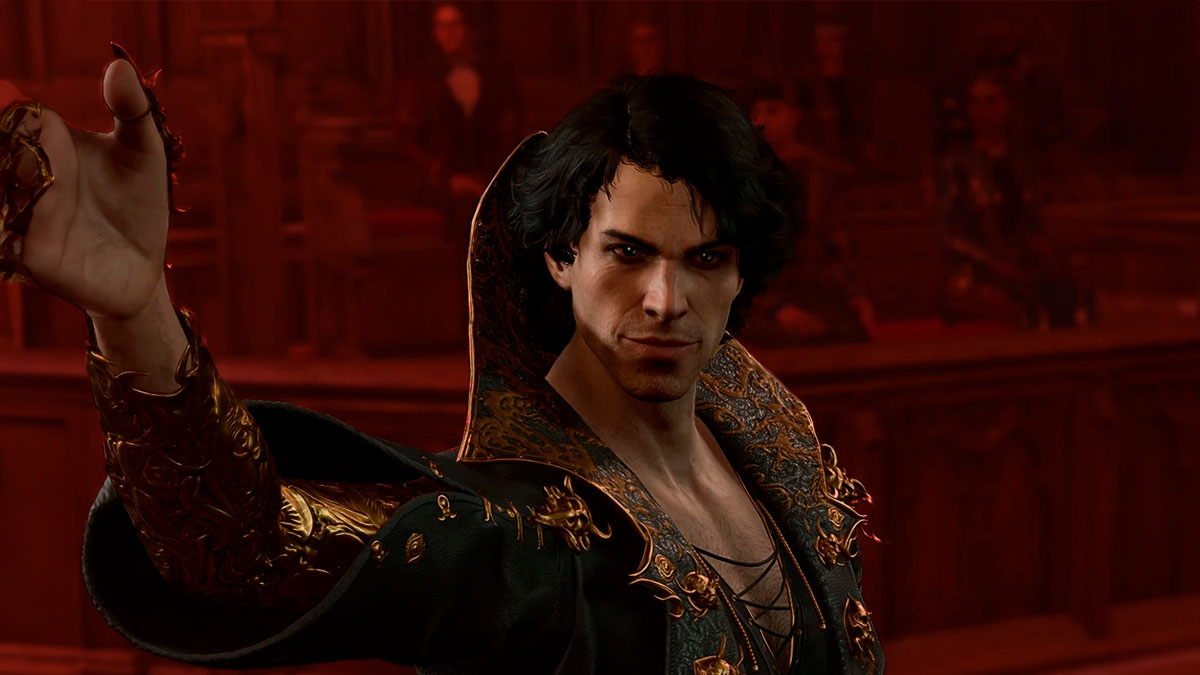
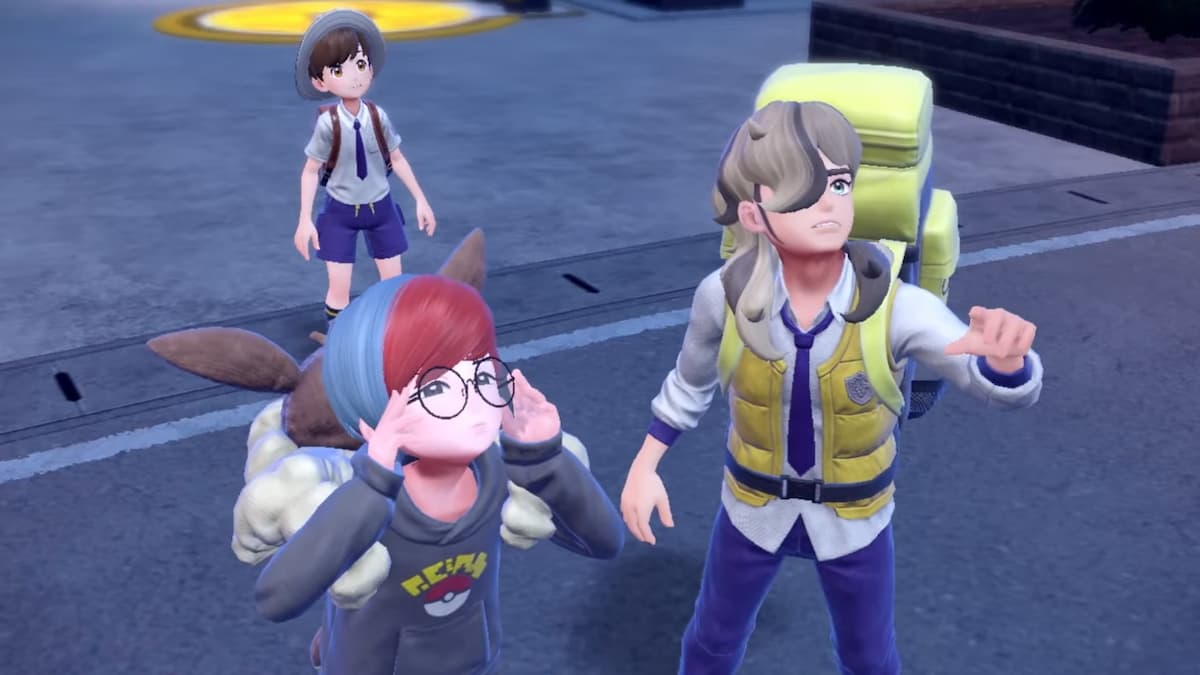
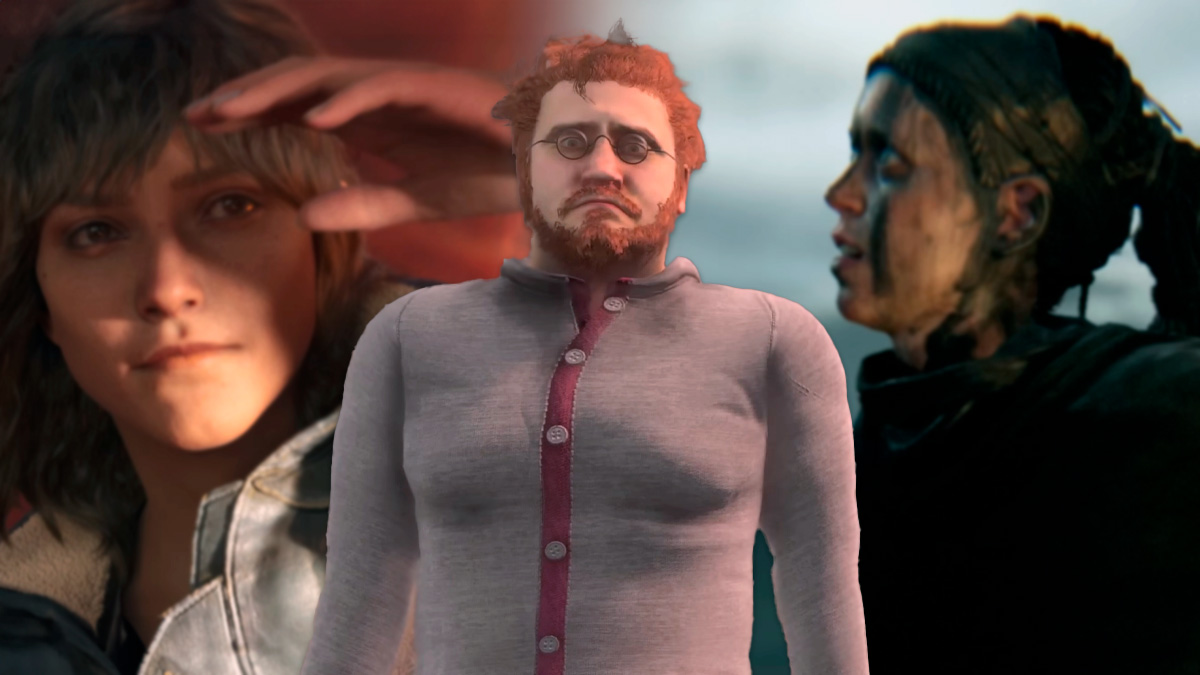
Published: Feb 20, 2019 06:52 am